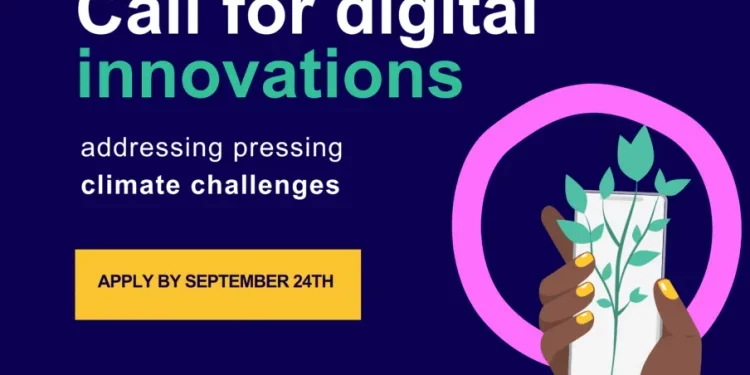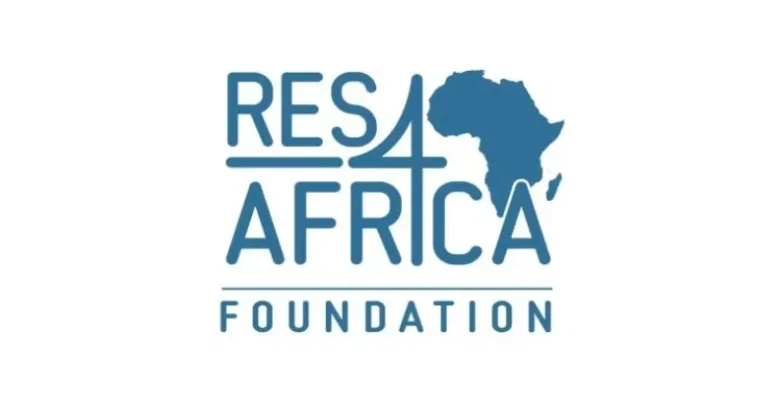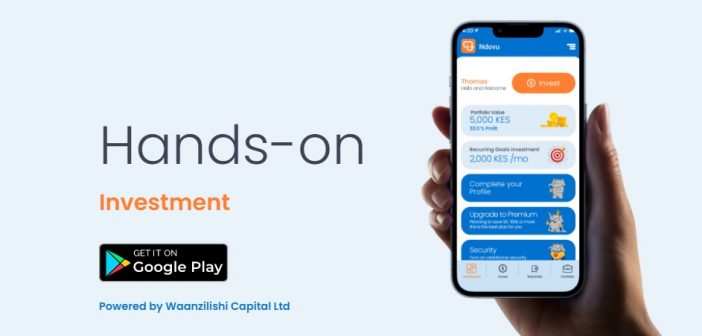Dabere Michael is using Stylus AI in Eliminating Human Error in Education
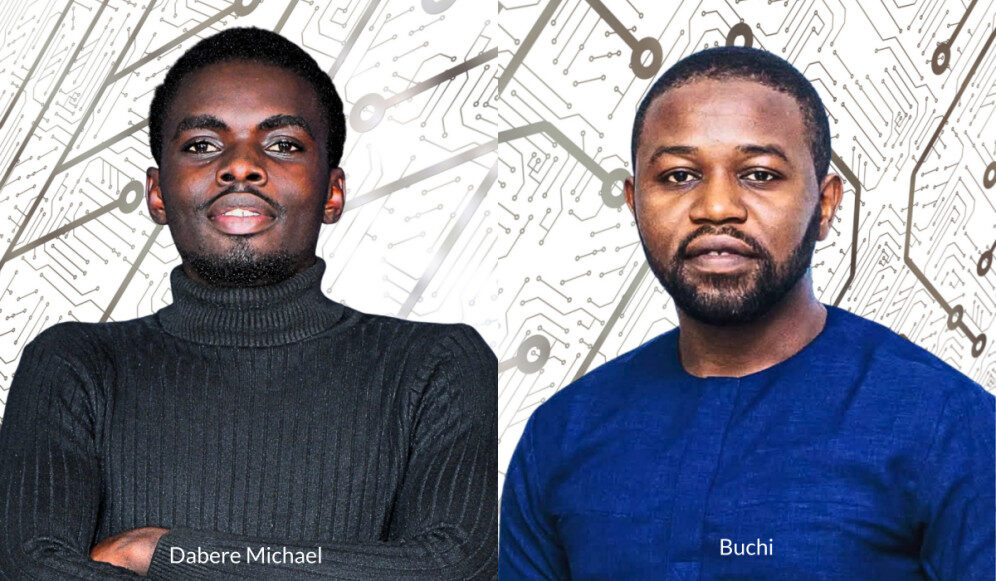
In a system where a single exam can determine a student’s future, human error in grading isn’t just a flaw, it’s a failure. For Dabere Michael, Founder and CEO of Octa-Node, this reality hit close to home when he failed physics in a major exam despite being one of the top students in his class. That moment of unfairness sparked a mission: to digitize and democratize educational assessment across Africa.
Stylus AI, one of Octa-Node’s flagship products, was born from this vision. Using artificial intelligence to grade handwritten exams in seconds, the platform is restoring fairness, saving time, and cutting costs for teachers, schools, and examination bodies. In this exclusive conversation with Techtrends Africa, Dabere shares his journey from frustrated student to edtech innovator and how Stylus AI is reshaping the future of education.
What Sparked the Birth of Stylus AI?
Dabere Michael, Founder & CEO of Octa-Node: I became passionate about enhancing educational systems due to my own experiences during school, particularly after failing physics in one of my official exams, even though I was among the top students. I recognized that this manual system is often affected by human errors. I started comparing handwritten exam systems with JAMB CBT, and it became clear that handwritten exams are extremely susceptible to mistakes. We cannot continue to entrust the future of our students to unreliable exam markers. Stylus AI aims to digitize the handwritten exam marking process, reducing human errors by at least 93%.
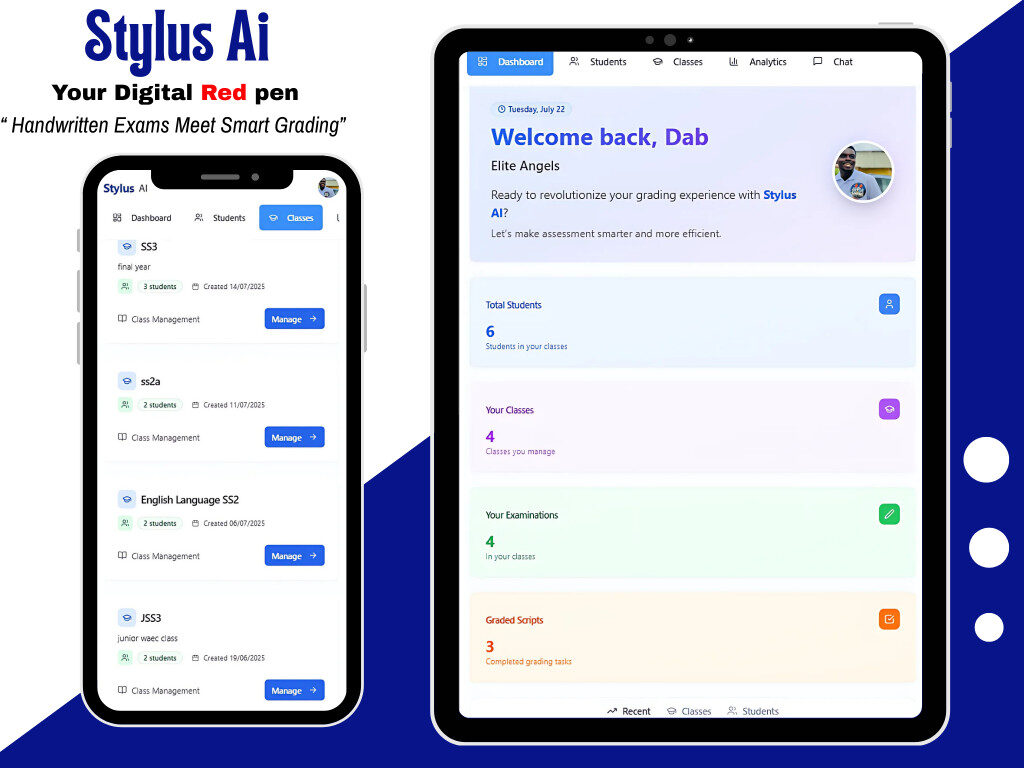
What Problem Are You Solving, and for Whom?
Stylus AI tackles the issue of human error in grading, ensuring that every student is assessed consistently. We’re also saving teachers valuable time just 30 seconds per script instead of 8 minutes, providing schools with standardized results, and significantly reducing costs for educational organizations such as WAEC, NECO, GCE, and other professional examination bodies.
How Does Stylus AI Work?
With a Stylus AI school account, teachers can streamline their workflow effortlessly. They start by creating a class and setting up exams by adding questions and answer keys or inputting custom grading criteria. These settings can be saved as templates for future use. Once students complete their answer scripts, teachers capture an image of the submissions, and the AI grades them within seconds. After review, teachers can generate printable class reports with ease.
What Has Been Your Toughest Challenge as a Founder?
The primary challenge has been securing adequate financing. Many potential investors lack an understanding of the importance of prioritizing research and development before focusing on profit. We have several complementary products in the pipeline, which, with proper financial support, could be brought to life to fully realize the educational ecosystem we aim to create.
How Is Stylus AI Making a Real Difference for Users?
Stylus AI is revolutionizing the educational sector by ensuring fairness and accuracy in grading, boosting students’ confidence with impartial evaluations. Teachers benefit from reduced stress, even when managing large classes, while schools gain an edge in efficiency and standardization. Most importantly, educational institutions can eliminate human errors and significantly cut costs on grading, redirecting resources to more impactful areas.
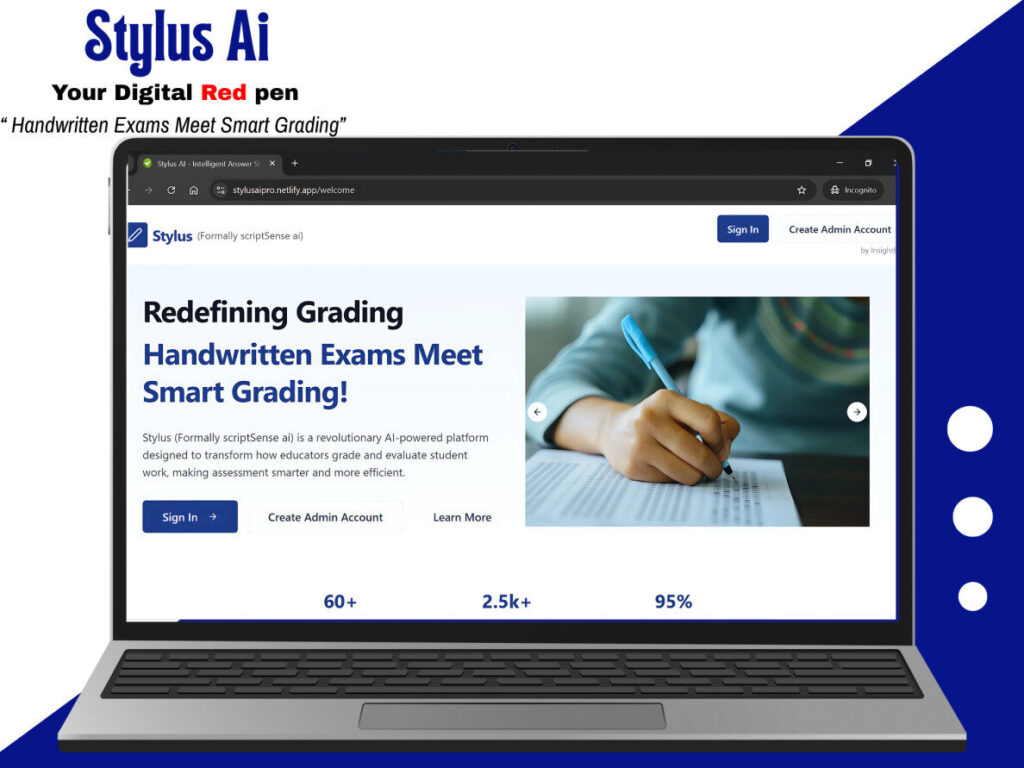
What Goals and Milestones Are You Targeting Next?
We are developing an educational technology ecosystem designed to enhance learning and simplify operations. Stylus AI will soon be able to retain students’ answers, helping teachers quickly identify areas where each student needs improvement. We’re also launching Ti-Bot (Time Robot), an AI-powered time management system for schools that automates announcements, adjusts schedules, and serves as a rapid alert system across the institution.
What Trends Will Shape Africa’s EdTech Future?
One of the most significant trends is artificial intelligence. By harnessing the power of AI, we’ve been able to enhance our systems with advanced capabilities, effectively giving them a “brain.” Innovations like this will continue to emerge, particularly from Octa-Node, as we push the boundaries of what technology can achieve in education.
What Advice Do You Have for Aspiring African Founders?
Build solutions that address your personal challenges on a larger scale. Pay close attention to people’s struggles, ask thoughtful questions, and they will reveal their pain points. Use this insight to create impactful solutions that can be scaled effectively.
From a moment of academic setback to a platform promoting precision and equity, Stylus AI stands as a testament to turning personal frustration into systemic change. Dabere Michael and the Octa Node team are not just automating grading, they’re advancing a future where every student’s effort is judged fairly and every teacher’s time is valued.
We welcome partnerships, investment inquiries, and feedback from educators and institutions. Reach out to join the movement toward error-free education:
- Website: www.octanode.online
- Email: [email protected] | [email protected]
- WhatsApp: +234 9130646157
- Phone: +234 9028167223
Editor’s Note:
At Techtrends Africa, we believe stories like Stylus AI’s remind us that innovation in Africa is not just about technology, but about resilience, purpose, and the courage to solve problems that matter. Founders like Dabere Michael are shaping a future where education is fair, efficient, and accessible, and we’ll continue spotlighting such changemakers across the continent.
Have a story to share? Know an African founder making waves? Pitch their story to [email protected] and let’s tell it to the world.



